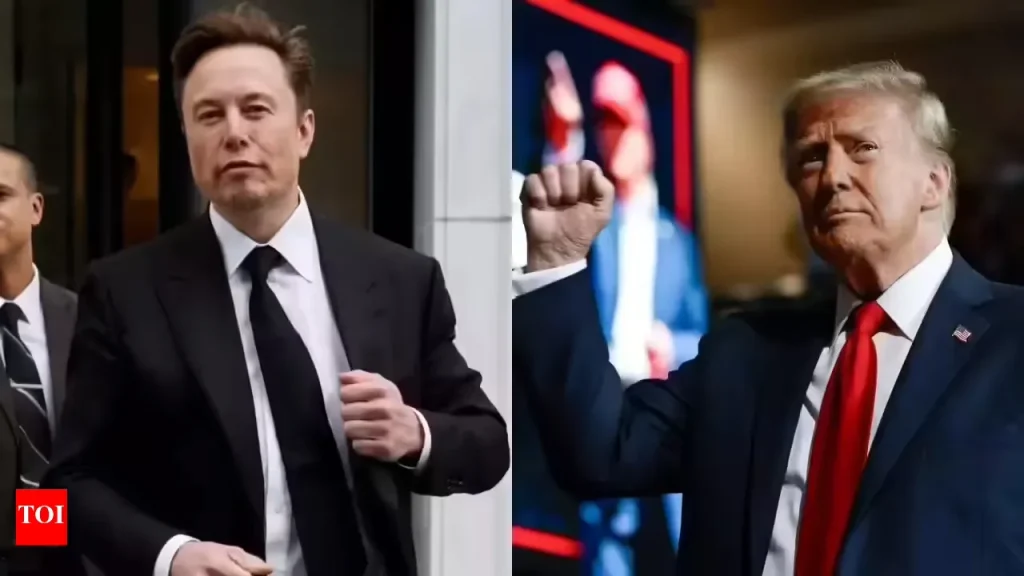
A Clash of Egos, Power, and Influence
The rivalry between Elon Musk and Donald Trump isn’t just a personal squabble between two high-profile billionaires—it’s a defining moment in the realignment of conservative power in America. Their public fallout, rekindled in 2025, has ignited political debates, divided supporters, and fueled viral media cycles.
Both men are powerhouses in their own right—Musk, the tech visionary behind Tesla, SpaceX, and X (formerly Twitter); and Trump, the former president and perennial political disruptor. Once somewhat aligned, their relationship has steadily devolved into open hostility. In this detailed exposé, we break down how the feud between Elon Musk and Donald Trump has unfolded again—and what it means for politics, tech, and the future of American conservatism.
Origins of the Musk-Trump Relationship
From Business Admiration to Political Pragmatism
In the early days of Trump’s presidency, Elon Musk played the part of the savvy CEO who wanted to stay close to power. He joined Trump’s economic advisory councils and advocated for issues like climate change and innovation.
But ideological differences soon surfaced. Musk opposed Trump’s withdrawal from the Paris Climate Accord and publicly resigned from the council. This moment marked the first major crack in their relationship.
Strategic Alignment and Divergence
Musk and Trump occasionally found common ground on deregulation and economic policies, but their styles of communication and vision for the future couldn’t be more different. Trump embodies populist nationalism, while Musk pushes transhumanist ideals, free-market capitalism, and space colonization.
2022–2024: The Cold War of Tweets
Twitter Spats and Public Insults
After being reinstated on Twitter (now X) by Elon Musk following the latter’s acquisition of the platform in 2022, Trump surprisingly did not return to regular posting. Instead, he remained loyal to his own platform, Truth Social.
Trump criticized Musk for this and went so far as to call him a “bullshit artist” during a rally in Alaska in mid-2022. Musk responded coolly, tweeting that Trump should “hang up his hat and sail into the sunset.”
The stage was set for a battle of egos, and the platform Musk controlled would become the battlefield.
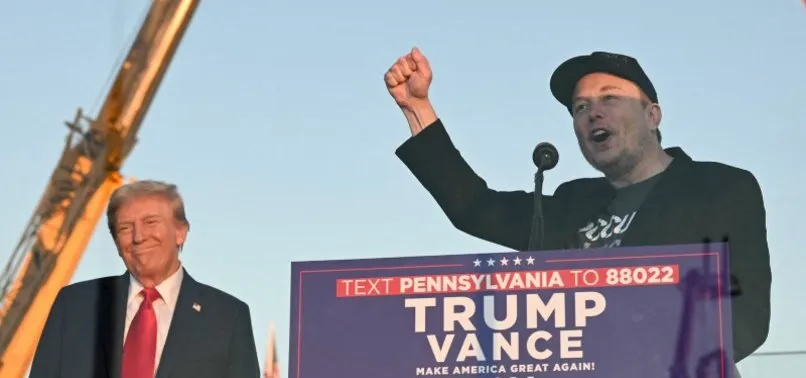
The 2024 Elections and Their Fallout
Musk’s Political Influence Grows
As the 2024 elections approached, Elon Musk took a more active role in political discourse. He used X to promote Republican candidates aligned with his vision for economic and technological freedom. Musk increasingly positioned himself as a thought leader for a “New Right” movement—tech-savvy, libertarian, and anti-establishment.
Trump, on the other hand, pursued his typical path—rallies, culture war narratives, and leveraging the MAGA base.
Their political visions collided, especially over candidates and policy positions.
Behind Closed Doors: Tensions Rise
Sources close to both camps reported Musk declining multiple overtures from Trump to endorse or fundraise. Musk viewed Trump’s methods as outdated and divisive, while Trump saw Musk as disloyal and too “Silicon Valley elite.”
The 2024 presidential race intensified the divide, even though Musk never officially ran. He wielded influence by amplifying voices critical of Trump and championing younger, fresher faces within the conservative movement.
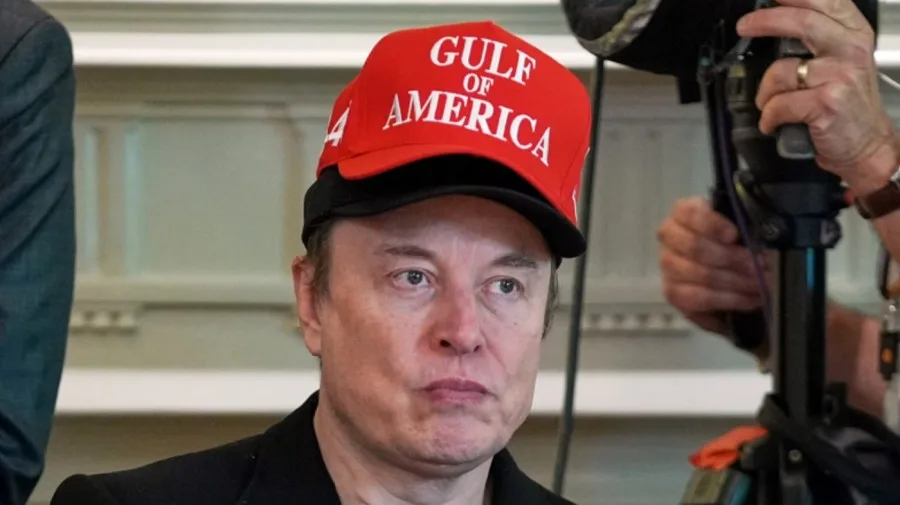
2025 — The Feud Reignites in Full Force
The “America Party” Bombshell
In mid-2025, Elon Musk launched a political movement called the “America Party”—a centrist-conservative faction aimed at challenging both mainstream Republicans and Democrats.
Trump saw it as a direct attack.
In a fiery Truth Social post, Trump accused Musk of “trying to split the party” and called him a “globalist tech overlord.” Musk didn’t stay silent either. In a viral X thread, he stated that “the old ways are dying, and the future demands innovation, not nostalgia.”
The Personal Attacks Resume
The feud quickly escalated:
- Trump accused Musk of tax evasion, government favoritism, and “killing free speech.”
- Musk responded with data showing how X’s policies allowed more political voices than Truth Social ever did.
- Trump loyalists began boycotting Tesla.
- Musk supporters mocked Trump’s digital literacy and “boomer politics.”
The media soaked it up, and headlines screamed of a conservative civil war.
Impact on the GOP and Conservative Landscape
Splintering the Right: MAGA vs Tech-Right
What was once a loosely unified conservative base is now fracturing. Trump loyalists, often older and traditional, are clashing with Musk’s followers—tech entrepreneurs, Gen Z libertarians, and digital-first influencers.
Musk’s “America Party” is drawing away independent voters, startup founders, and disillusioned Republicans who believe Trump has become more of a liability than a leader.
Republican Leaders Torn in Half
High-profile Republicans like Ron DeSantis, Nikki Haley, and Vivek Ramaswamy have been forced to pick sides—or walk a fine line.
Some flirt with Musk’s new movement. Others double down on MAGA ideology. The ideological tug-of-war is reshaping conservative politics for the next decade.
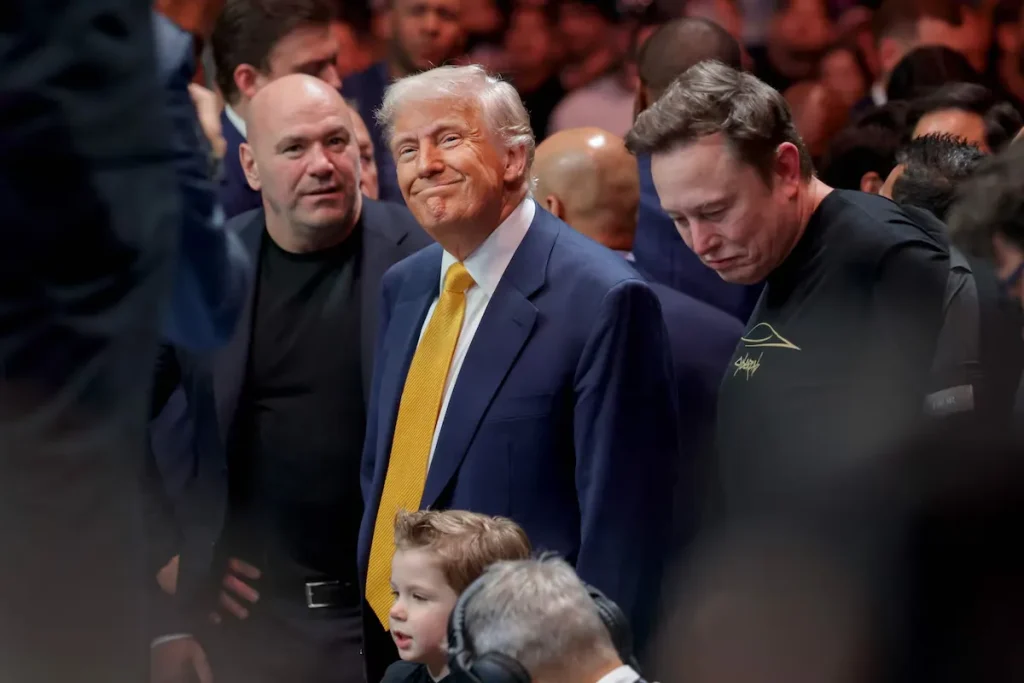
Social Media Warfare and Public Manipulation
X vs Truth Social
With X (formerly Twitter) under Musk’s control, and Truth Social still Trump’s digital echo chamber, the war isn’t just political—it’s technological.
- Musk uses algorithms and spaces to amplify opposition voices.
- Trump leans on direct, raw posts that go viral among his base.
Memes, bots, and influencers on both sides are creating an information arms race, making it difficult for everyday users to find unbiased facts.
Influence on the 2026 Midterms
Experts predict that the Musk-Trump feud could be the defining variable in the 2026 midterm elections. Their battle could determine whether the GOP maintains control—or collapses under internal civil war.
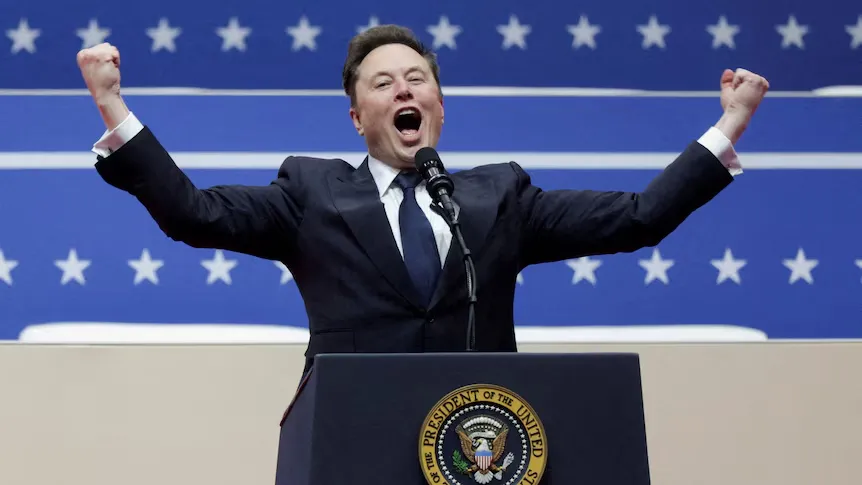
Musk’s Endgame — More Than Just Politics?
Is Musk really interested in political power—or is he playing a longer, more strategic game?
Some analysts argue Musk’s moves are about:
- Protecting his business empire from political regulations
- Controlling the digital narrative through X
- Shaping national policies around AI, space exploration, and energy
By launching the America Party, Musk may not want the presidency—but he wants influence, and he’s getting it.
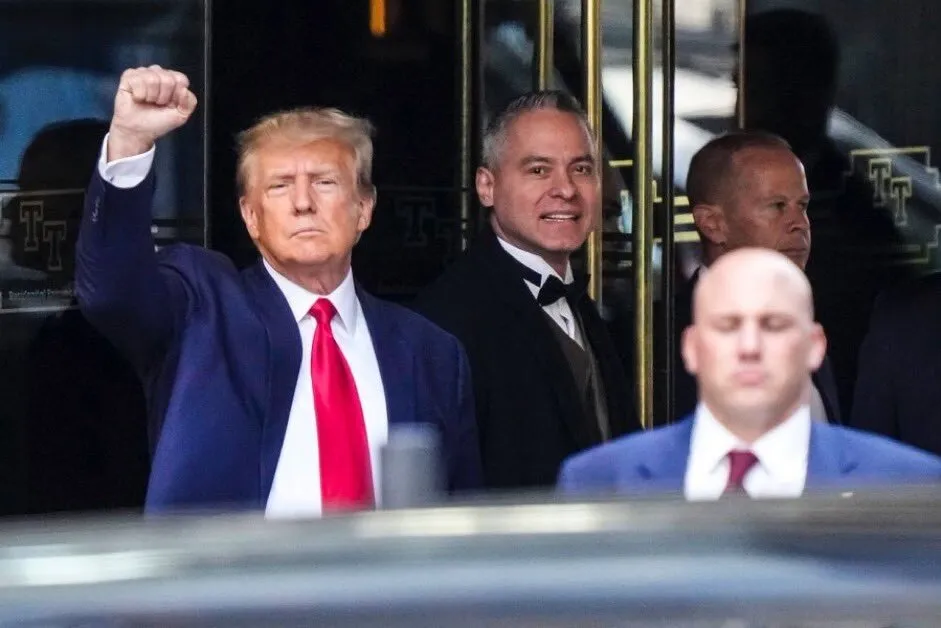
Trump’s Response Strategy
Going Back to His Base
Trump has responded by doing what he does best—rallies, media appearances, and attacks. He’s painting Musk as a “traitor to America” and calling the America Party a “techno-globalist scam.”
But it’s unclear if this strategy will work this time.
His base is loyal—but aging. Musk is recruiting the future, and Trump seems stuck in the past.
What Comes Next?
Scenarios Moving Forward
Here are a few likely outcomes from the Musk vs Trump feud:
- Trump Dominates, Musk Backs Down
– Unlikely. Musk has too much digital power. - Musk Builds a Legit Third Party
– Highly plausible, especially with billionaire funding and social media reach. - The GOP Splits Permanently
– A new political order may emerge, similar to when Whigs gave way to Republicans in the 19th century. - A Temporary Truce
– Possible, but both egos are too big. If it happens, it would be tactical, not genuine.
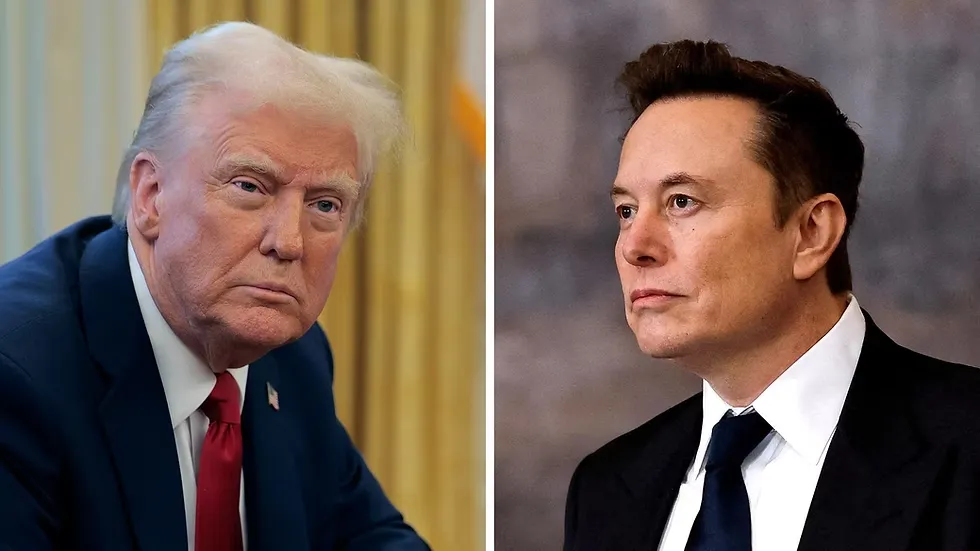
Conclusion: Two Titans, One Battlefield
The feud between Elon Musk and Donald Trump is no longer just a Twitter spat—it’s a battle for the soul of the American right. It’s old power versus new influence. Legacy versus innovation. Emotion versus logic.
And for the first time, a real alternative to Trumpism seems to be forming—not from the Democratic party, but from within conservative America itself.
Whatever happens next, one thing is certain:
This feud is far from over—and the consequences will echo into every corner of American politics.


